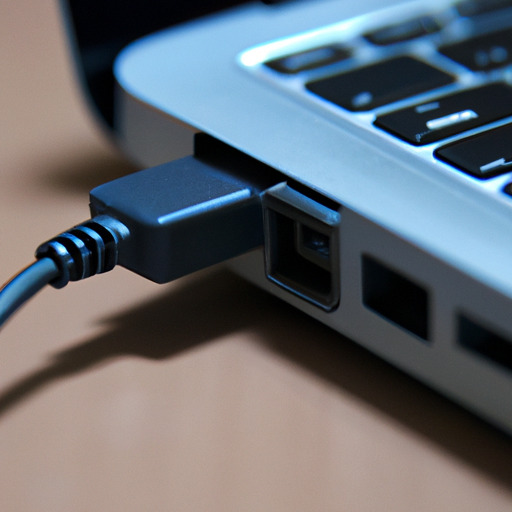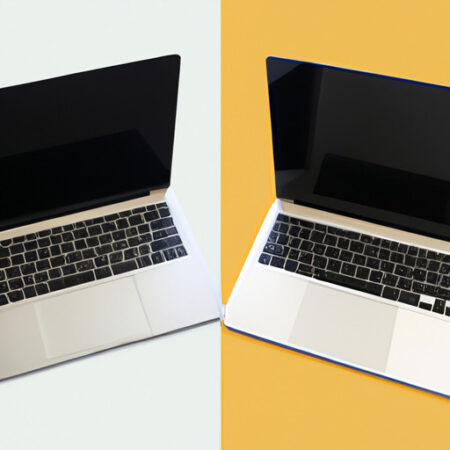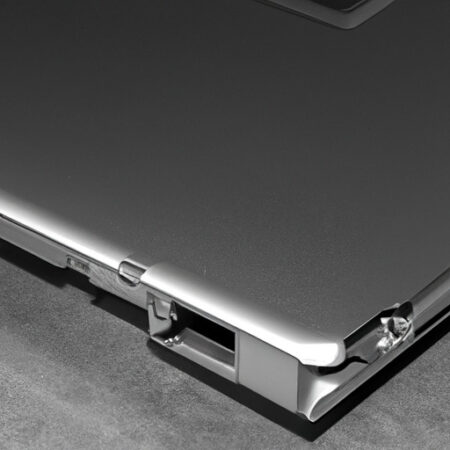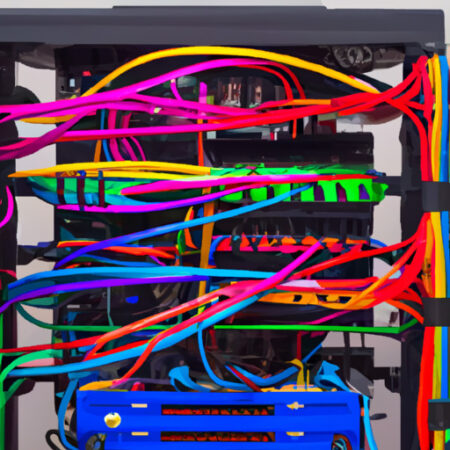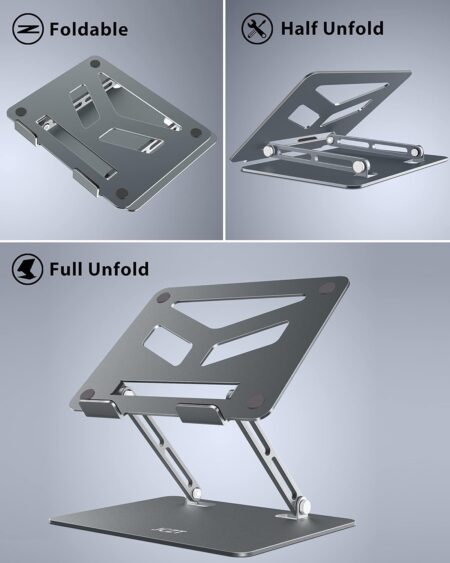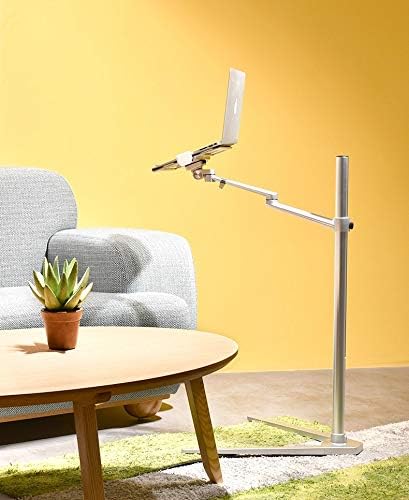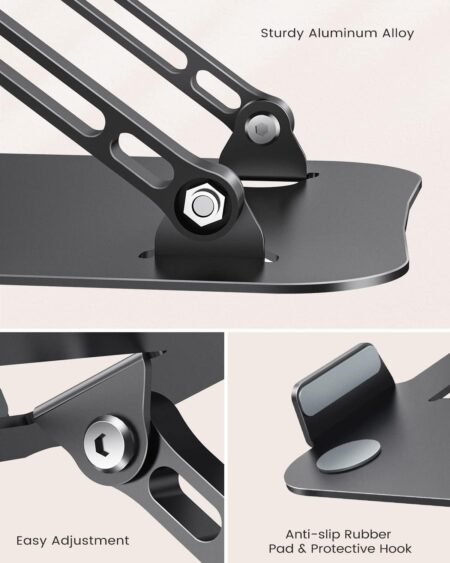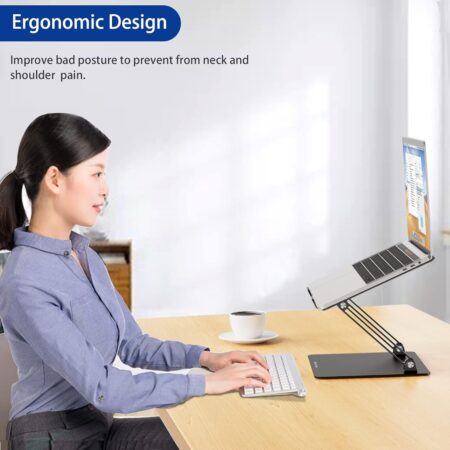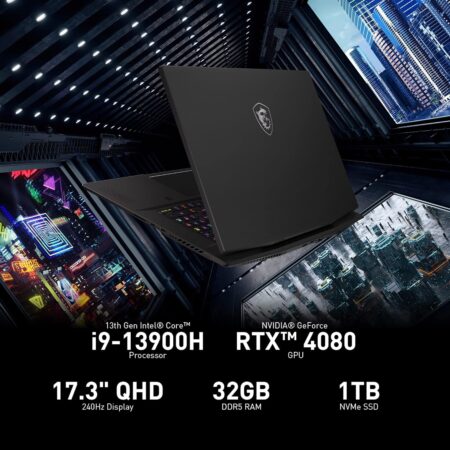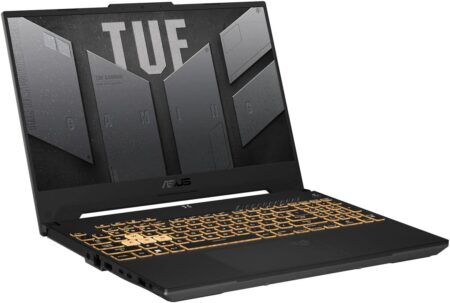Are you wondering if it really matters which laptop charger you use? The answer is yes! Using the wrong charger can have serious consequences for your laptop’s performance and even its overall lifespan. Whether you’re purchasing a used laptop, disposing of an old one, or considering the benefits of a laptop over a desktop, understanding the importance of using the correct charger is key. In this article, we’ll explore why it matters and provide you with useful tips to ensure you’re using the right charger for your laptop. So let’s dive in and unravel the world of laptop chargers! When it comes to using a laptop, one of the most crucial considerations is the charger you use. Using the correct laptop charger is not just a matter of convenience, but it also plays a significant role in the overall performance and safety of your device. In this article, we will discuss the importance of using the right laptop charger, the risks of using the wrong charger, different types of laptop chargers available, and how to choose the right charger for your laptop. We will also provide troubleshooting tips for laptop charging issues.
Importance of using the correct laptop charger
Compatibility with the laptop
Using the correct laptop charger ensures compatibility between the charger and your device. Different laptop models have different power requirements, and using an incompatible charger can lead to issues such as overheating, power surges, or even damage to your laptop’s components.
Voltage and amperage requirements
Laptops have specific voltage and amperage requirements that need to be met by the charger. Using a charger with too high or too low voltage can lead to electrical damage or insufficient power supply to your device.
Protecting the laptop’s components
The right charger is designed to deliver the optimal amount of power to your laptop, protecting its delicate components from potential damage caused by voltage fluctuations or inconsistent power delivery.
Safety hazards of using incompatible chargers
Incompatible chargers can pose safety hazards, such as electrical shorts, overheating, or even fire. These risks can be minimized by using a charger that meets the safety standards of your laptop manufacturer.
Reducing the risk of electrical damage
Using the correct charger reduces the risk of electrical damage to your laptop and its battery. The right charger will provide the necessary power for charging without putting excessive strain on the device.
Maintaining warranty validity
Using the correct charger is often a requirement to maintain the validity of your laptop’s warranty. Using an incompatible charger may void the warranty, leaving you responsible for any repairs or replacements needed.
Avoiding overheating issues
Using an incorrect charger can lead to overheating issues, which can have a detrimental effect on your laptop’s performance and lifespan. The right charger ensures that your device is charged at an optimal temperature.
Ensuring optimal charging performance
The correct charger ensures that your laptop charges efficiently and at the appropriate rate. This allows you to get the most out of your battery and ensures that your device is ready for use whenever you need it.
Preventing battery degradation
Using the right charger helps prevent battery degradation. Incompatible chargers can overcharge or undercharge your laptop’s battery, leading to reduced battery life and performance over time.
Avoiding charger malfunctions
Using an incorrect charger can cause the charger itself to malfunction, potentially causing inconvenience or damage. By using the right charger, you reduce the risk of such malfunctions and ensure the charger’s reliability.
Different types of laptop chargers
Original equipment manufacturer (OEM) chargers
OEM chargers are chargers made by the same company that manufactured your laptop. These chargers are often considered the most reliable and compatible option for your device. They are specifically designed to meet the voltage and amperage requirements of your laptop.
Third-party chargers
Third-party chargers are produced by companies other than the laptop manufacturer. These chargers are often cheaper than OEM chargers and can be a good alternative if you are on a budget. However, it is essential to research reputable third-party charger suppliers to ensure that you are getting a high-quality charger that meets safety standards.
Universal chargers
Universal chargers are designed to work with a wide range of laptop models. These chargers often come with interchangeable tips or connectors, allowing you to use them with various laptops. While universal chargers offer convenience, it is crucial to ensure that the charger’s voltage and amperage settings match your laptop’s requirements.
USB-C chargers
USB-C chargers are becoming increasingly popular due to their versatility. They can not only charge laptops but also power other devices such as smartphones or tablets. USB-C chargers can deliver higher power levels, allowing for faster charging speeds. However, it is important to ensure that your laptop supports USB-C charging before using this type of charger.
Benefits of using the correct laptop charger
Optimized charging speed
Using the correct laptop charger ensures that your device charges at the optimal speed, saving you time and allowing you to get back to your work or activities more quickly.
Longer battery lifespan
The right charger helps maintain your laptop’s battery life by delivering the optimal amount of power for charging. This can help prevent overcharging or undercharging, which can lead to battery degradation over time.
Enhanced overall performance
When your laptop is charged with the correct charger, it can operate at its full potential. The right charger provides a stable power supply, ensuring that your laptop’s performance is not compromised.
Protection against power surges
A compatible charger can protect your laptop from power surges, which can damage your device’s sensitive components. The right charger will have built-in surge protection measures to safeguard your laptop.
Improved reliability and durability
Using the correct charger improves the overall reliability and durability of your laptop. A reliable charger means fewer disruptions during charging, and a durable charger will last longer, reducing the need for frequent replacements.
Minimized risk of electrical hazards
The right charger reduces the risk of electrical hazards, such as short circuits or electrical shocks. Safety features and compliance with safety standards are crucial aspects of a compatible charger.
Warranty compliance
Using the correct charger is often a requirement to maintain the validity of your laptop’s warranty. It ensures that you adhere to the manufacturer’s guidelines and specifications, protecting your warranty coverage.
Risks of using the wrong laptop charger
Compatibility issues
Using the wrong laptop charger can result in compatibility issues. Your laptop may not charge properly or may not even recognize the charger. This can lead to frustration and inconvenience.
Potential damage to the laptop’s components
Incompatible chargers can cause damage to your laptop’s components, such as the battery, motherboard, or charging port. This can result in costly repairs or the need for a replacement device.
Electrical short-circuits
The wrong charger can cause electrical short-circuits, which can damage your laptop’s internal circuits and render it inoperable.
Overheating and fire hazards
Using an incompatible charger can cause excessive heat buildup in your laptop, leading to overheating and potential fire hazards. Overheating can also degrade the performance and lifespan of your laptop.
Reduced charging efficiency
Using the wrong charger may result in slower charging speeds or inefficient power delivery. This can lead to longer charging times and inconvenience.
Decreased battery life
Incompatible chargers can lead to overcharging or undercharging your laptop’s battery, which can shorten its lifespan and reduce its overall capacity.
Voided warranty
Using a charger that is not recommended or approved by the laptop manufacturer may void your device’s warranty. This can leave you responsible for any repairs or replacements needed.
Unreliable power delivery
An incompatible charger may deliver inconsistent power to your laptop, resulting in frequent interruptions and unexpected shutdowns. This can be particularly problematic when working on critical tasks or during important presentations.
How to choose the right laptop charger
Identifying the laptop’s model and specifications
To choose the right laptop charger, you need to identify your laptop’s model and specifications. Check the manufacturer’s website or refer to your laptop’s user manual for this information.
Checking voltage and amperage requirements
Once you have identified your laptop’s model, check its voltage and amperage requirements. This information can usually be found on the laptop itself or in the user manual. Ensure that the charger you choose matches these specifications.
Researching reputable charger suppliers
Research reputable charger suppliers that provide chargers compatible with your laptop model. Look for suppliers with a good reputation, positive customer feedback, and a track record of providing high-quality chargers.
Reading customer reviews and feedback
Read customer reviews and feedback about the chargers you are considering. This can give you insights into the charger’s compatibility, reliability, and overall customer satisfaction.
Verifying certifications and safety standards
Check if the charger has relevant certifications and meets safety standards. Look for certifications such as UL (Underwriters Laboratories) or ETL (Intertek), which ensure the charger’s compliance with safety regulations.
Consulting with laptop manufacturer or support
If you are unsure about which charger to choose, reach out to the laptop manufacturer or support for guidance. They can provide recommendations or answer any specific questions you may have.
Steps to take when using a new laptop charger
Inspecting the charger for damage
Before using a new laptop charger, inspect it for any signs of damage. Check for frayed cables, bent connectors, or any other visible issues. Using a damaged charger can be hazardous and may damage your laptop.
Connecting the charger securely
Ensure that you connect the charger securely to both your laptop and the power outlet. Loose connections can result in inconsistent power delivery or charging interruptions.
Plugging into a properly grounded outlet
Plug the charger into a properly grounded outlet to avoid electrical hazards. Using power strips or extension cords may not provide the same level of grounding and can increase the risk of electrical damage.
Avoiding extension cords or power strips
Whenever possible, avoid using extension cords or power strips with your laptop charger. These additional connections can introduce electrical resistance or voltage drops, affecting the charger’s performance.
Monitoring for any overheating issues
Keep an eye on your laptop and charger during charging. If you notice excessive heat buildup, unplug the charger and allow it to cool down. Overheating can be a sign of a problem with the charger or your laptop.
Discontinuing use in case of abnormalities
If you encounter any abnormalities or issues with your laptop or charger during charging, such as sparks, strange sounds, or smoke, immediately disconnect the charger and discontinue its use. These abnormalities can indicate a serious problem that requires attention.
Storing the charger properly
When not in use, it is essential to store your laptop charger properly. Avoid tightly coiling the cable, as it can cause damage over time. Instead, loosely coil the cable and store it in a cool and dry place, away from direct sunlight or extreme temperatures.
Troubleshooting laptop charging issues
Checking physical connections and cable integrity
If you are experiencing charging issues, start by checking the physical connections between the charger, laptop, and power outlet. Ensure that the connections are secure and that the cables are intact without any visible damage.
Testing the charger on a different laptop
To determine if the issue lies with the charger or your laptop, try using the charger on a different laptop of the same model or with similar specifications. If the charger works fine on the other laptop, the issue may be with your laptop’s charging port.
Using a different charger on the laptop
If the charger is not working on your laptop, try using a different compatible charger on your device. This can help narrow down whether the problem is with the charger or your laptop.
Verifying power outlet functionality
Make sure that the power outlet you are using is functional. Plug in a different device or use a socket tester to ensure that the outlet is providing power.
Updating laptop drivers and firmware
Outdated or incompatible drivers or firmware can sometimes cause charging issues. Check for any available updates for your laptop’s drivers and firmware and install them if necessary.
Resetting laptop power management settings
Resetting your laptop’s power management settings can sometimes resolve charging issues. Try performing a power cycle by shutting down your laptop, unplugging the charger, removing the battery (if removable), and holding down the power button for about 30 seconds before reconnecting everything and turning the laptop back on.
Contacting laptop manufacturer or support for assistance
If you have tried the troubleshooting steps mentioned above and are still experiencing charging issues, it is recommended to contact your laptop manufacturer or support for further assistance. They can provide specialized guidance and help resolve any specific issues with your laptop’s charging system.
In conclusion, using the correct laptop charger is essential for the optimal performance, safety, and longevity of your device. Consider the compatibility with your laptop, voltage and amperage requirements, and the risks associated with using the wrong charger. Choose from options such as OEM chargers, third-party chargers, universal chargers, or USB-C chargers based on your needs and preferences. Always inspect the charger for damage, connect it securely, and plug it into a properly grounded outlet. If you encounter charging issues, troubleshoot physical connections, test the charger on a different laptop, verify power outlet functionality, and consult with your laptop manufacturer or support if necessary. By using the right charger and following the recommended guidelines, you can ensure a reliable and safe charging experience for your laptop.

